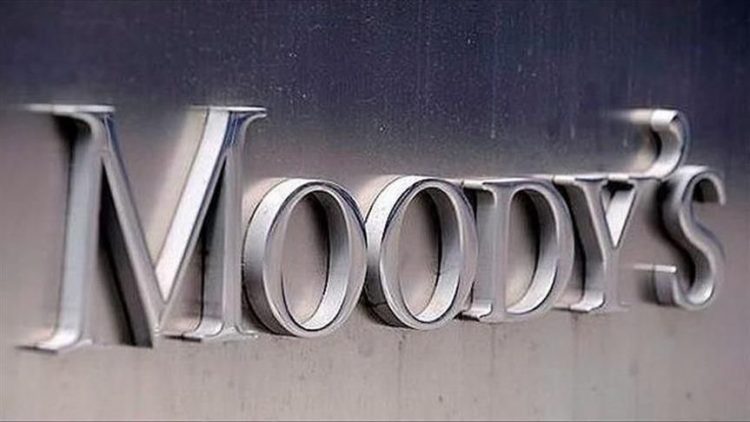Publisher: Maaal International Media Company
License: 465734
Moody’s assigns first time A1 rating to Saudi Power Procurement Company, stable outlook
Moody’s Investors Service (“Moody’s”) has today assigned a long-term issuer rating of A1 to Saudi Power Procurement Company (“SPPC”), the sole licensed principal buyer of electricity in Saudi Arabia (Government of Saudi Arabia, A1 stable). The outlook is stable.
“The A1 issuer rating and stable outlook assigned to SPPC are aligned with that of the Government of Saudi Arabia because of the company’s very close integration into the public sector, with a clear public policy mandate that aligns SPPC’s interests and objectives with those of the government,” says Paul Feghaly, the Moody’s lead analyst on SPPC. “We expect that SPPC will remain a wholly owned entity of the government in the future following the expected transfer from Saudi Electricity Company.”
Ratings Rationale
اقرأ المزيد
Moody’s classifies SPPC as a Government-Related Issuer (GRI) and uses a top-down approach in assigning SPPC’s rating under the Government-Related Issuers Methodology. This means that Moody’s does not assign a baseline credit assessment (BCA) and it bases the rating on the ability and willingness of the Government of Saudi Arabia to provide timely financial support to SPPC.
The A1 issuer rating also reflects (1) SPPC’s low business risk profile, including the strict regulation of its activities under the license agreement and monopoly position in Saudi Arabia; (2) the transparency of the regulatory framework and cost-recovery mechanisms; and (3) the company’s ability to maintain a good liquidity profile despite high working capital seasonality. The assigned rating incorporates the assumption that in the near-term the novation of the existing power purchase and other agreements from Saudi Electricity Company (SEC) to SPPC will take place, as well as the full ownership transfer of SPPC from SEC to the Government of Saudi Arabia.
Governance does not pose specific risks. This is primarily supported by Moody’s expectation that following the completion of the carveout from SEC, that SPPC will have a disciplined financial strategy and risk management process. Going forward, SPPC as a wholly owned entity of the Government of Saudi Arabia will be exposed to ownership concentration risk.
SPPC is the licensed monopoly principal buyer of electricity in Saudi Arabia. The company was established as a subsidiary of SEC in March 2017 and licensed by the regulator ECRA (renamed to WERA, Water and Electricity Regulatory Authority) in July 2017 to act as the main procurer of electrical power and energy in Saudi Arabia.
Going forward as a wholly owned entity of the government, SPPC’s financial policies and governance will be determined by the government of Saudi Arabia. The government is the key stakeholder, regulator, key supplier, key off-taker, grantor of land and provision of financial and other support to SPPC which makes it highly reliant on the government as well as susceptible to any adverse policy changes. The company’s board is composed of five members, consisting of four government officials and one independent member.
SPPC’s exposure to environmental risks is low. Any regulation seeking to curb the environmental footprint of electricity production will likely not affect SPPC. The price adjustment mechanism built into the bulk supply tariff agreement protects SPPC against fluctuations in demand and costs. From a social perspective, SPPC plays a key role in ensuring the continuous supply of electricity in the Kingdom of Saudi Arabia.
Liquidity Analysis
Moody’s expects SPPC to maintain a good liquidity profile despite high working capital seasonality. However, SPPC is exposed to a degree of volume and price risk under the bulk supply agreement, which can lead to temporary liquidity shortfalls. These can arise in case of sustained deviations from the estimates used for the bulk supply tariff formula, such as electricity demand or feedstock fuel cost. Any shortfall is then corrected through the mid-year or year-end adjustments. Similarly, payment delays from SEC could reduce SPPC’s working capital buffers. Moody’s estimate that SPPC’s liquidity, which is supported by a SAR900 million interest-free revolving credit facility provided by the government, will be sufficient to address most shortfalls.








